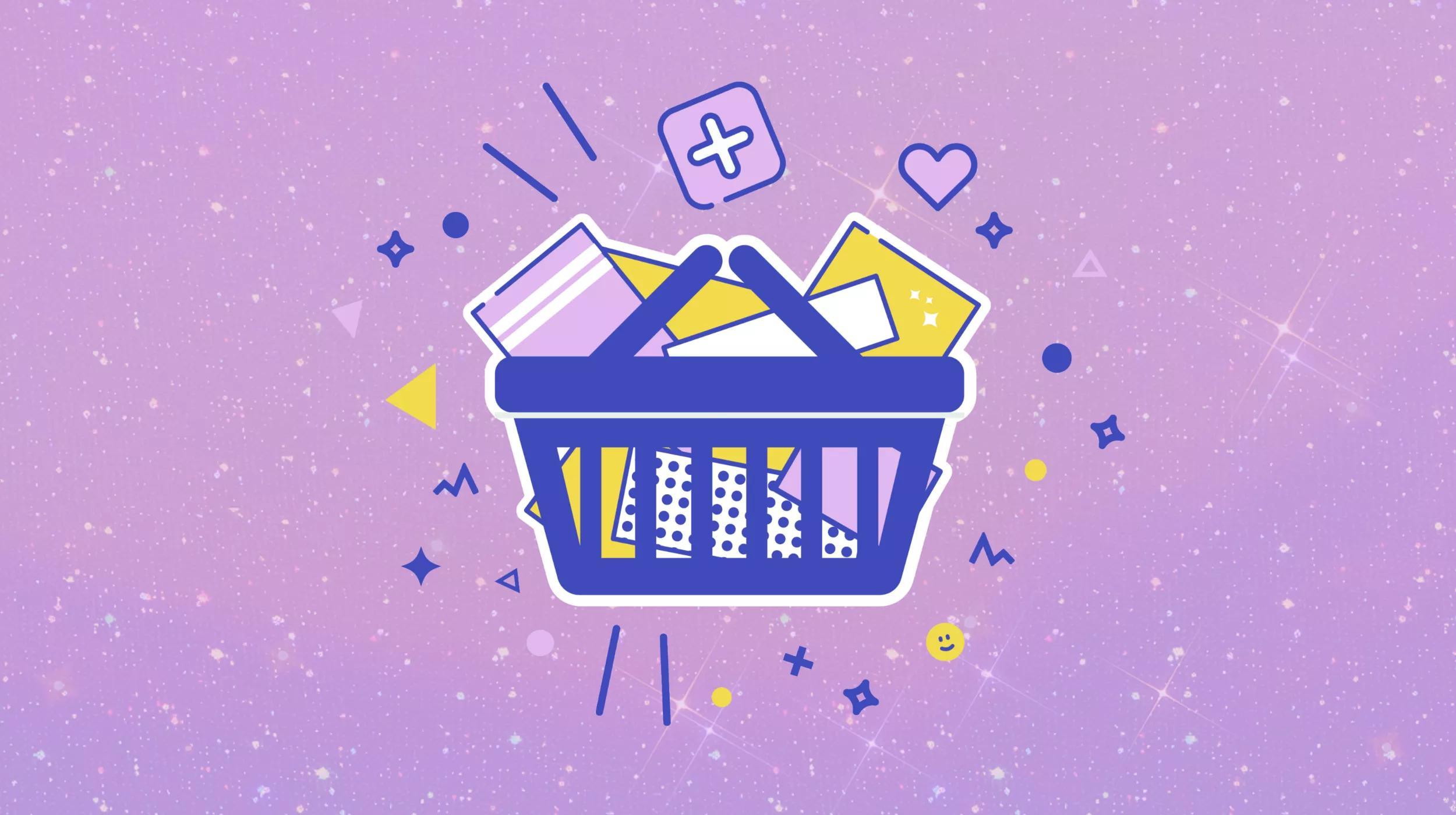If your 1971 VW bus broke down on the side of the road, would you know to pop the hood and check the battery and the timing belt? Yes? That’s awesome — knowing your stuff just saved you the cost of a tow and a condescending look from a mechanic.
Your small business website is a lot like that VW bus.
It might even be the single greatest tool you have at your disposal for convincing customers to buy from you — but do you really understand how it works?
You've got to look under the hood of your website and make sure you know what's going on.
There’s was a time when it was the norm to leave control of your website entirely in the hands of designers and other techy types whose only jobs involved understanding how to build and promote websites. That’s still a good idea, sometimes.
But considering how important — even essential — it’s become for small businesses to succeed online to succeed at all, it makes sense nowadays for business owners to understand the basic mechanics of their website.
Why does it really matter?
Knowing what your online options are means that your business will be able to act on new opportunities that much faster. That’s called earning a competitive advantage. Considering how quickly the technology that fuels your online success has evolved, insisting on technical literacy throughout your company can give you a key edge in your niche.
What’s more, there are people who claim to specialize in “online marketing,” “SEO,” and other Web-based services who are happy to sell you all sorts of services you might not need if you don't know any better. (Surprising, right?) Knowing what they're really trying to get you to pay for will save you time, cash, and perhaps regrets, in the end.
Start with the basics and build up
Many of the best Web designers and developers have minimal formal education in the technologies that they work with every day — they just invested hour after hour into trying out new tools and reading up on the topics that interest them. You probably don't have that amount of time to invest in learning about websites, but you don't need a college degree to get the information you need.
Start by focusing on the tools you're already using — ask the designer who created your site to give you a list of the tools she used to create it. You'll probably get terms like:
- HTML
- CSS
- CMS (popular content management systems like WordPress® and Joomla!™)
- JavaScript
You might get a lot more, depending on the complexity of your website. But no matter how long the list, start at the top. For most Web technologies, just reading the Wikipedia entry for each item is a good place to start — you'll be able to follow links to explanations that will provide the context you'll need for greater understanding. Follow some reputable tech sites and blogs. And setting up Google Alerts™ for a topic like “website design” or “html” can’t hurt.
Join the conversation
Once you've tackled some of the vocabulary, caught up on the latest WordPress news, maybe even watched a few YouTube® videos, plan on sitting down with a professional or two to talk about what you've learned. A good starting point is your own website designer. See if she’s willing to chat with you (maybe over happy hour) so you can get a deeper understanding of your website’s back-end. Also, think about joining an online forum or one of the hundreds of Web design meetups that take place around the country.
Understanding Web design and development is an on-going process. Don’t worry, you won’t have to invest as much time as a Web designer. But since new tools and technologies launch every day (remember those pesky website trends?), it’s in your best interests to stay at least a little bit current on your options.
Just set aside a little time each week — like when you’re taking your 2 p.m. latte break, or waiting for AAA — to get that much smarter about what’s under your site’s hood.





